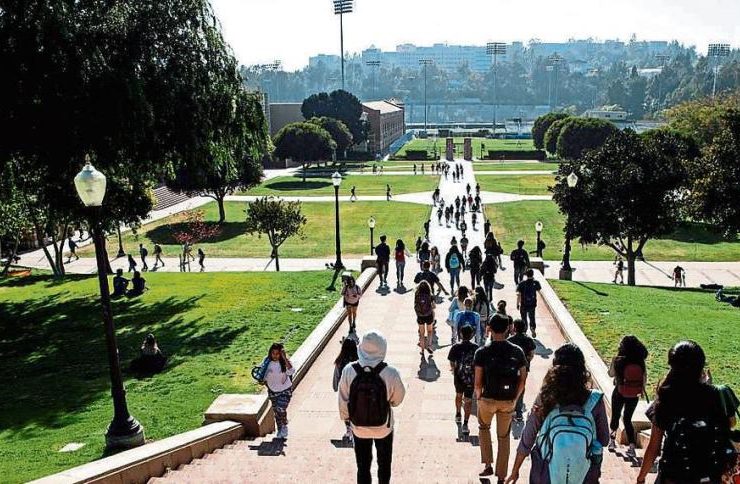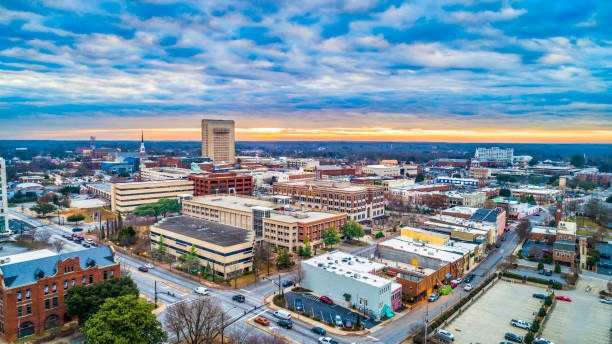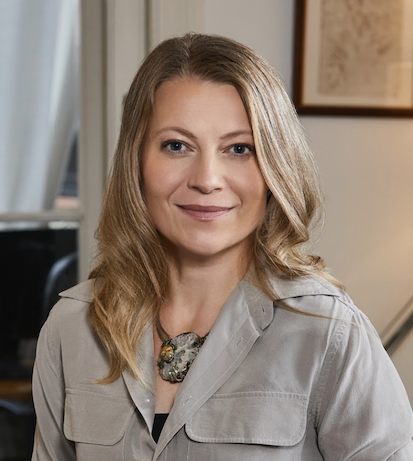Christoph Spieker: 'Barcelona will be stronger than ever'

Christoph Spieker, Head of Gear Production en Seat
Born in Paderborn in Germany, 31-year-old Christoph Spieker lived in Minnesota (USA), Puebla (Mexico) and Kassel (Germany) before moving to Barcelona in 2018. He is an engineer at SEAT and came here to head up the mechanical manufacturing team for a new type of gearbox. After the successful launch of the new SEAT gearbox at the end of 2019, he moved to SEAT's main plant in Martorell.
Why did you choose Barcelona?
The opportunity arose to move from Volkswagen Germany to SEAT to help launch the new gearbox. I didn't have to think twice. I really welcomed the challenge of getting to know the city, learning Spanish and discovering Catalan culture, not to mention working with a highly motivated team on a fascinating project.
What are the city’s strengths?
First, its location: you can ski in the Pyrenees, enjoy the crystal clear water of the Costa Brava, and relax on the beaches of Barcelona after a long day's work. Second: its vibrant, cosmopolitan and welcoming spirit, characteristic of a young, open-minded and multi-faceted city. Third, its striking architecture, art and museums, and, it goes without saying, its cuisine, wine and cava.
What aspects of the city need to be improved?
Traffic in the city should be better organized. It’s ridiculous that you have to stop all the time on your daily journey to the center of Barcelona and you spend more time standing still than moving. And the cost of living, especially the cost of renting an apartment, is really high. A balance should be struck between the high prices caused by its popularity as a tourist destination and the need to offer quality and affordable living for those of us who live here.
What are the strengths that will enable the city to overcome the COVID-19 crisis?
I have been working on the SEAT emergency fan project during the toughest period of the crisis and it was amazing to see people’s—often unrecognized—commitment. The dedication, creativity and speed with which they reinvented their work and solved problems were truly impressive. These characteristics and working together as a community will help us to overcome whatever challenges the crisis of COVID-19 may bring. Barcelona will be stronger than ever if we can keep up these habits when the “new normal” starts.
What other challenges do you think the city will face once the health crisis is over?
We won't go back to the way things were before and the "new normal" will be a process of continuous adaptation. But I'm not afraid, because I'm convinced that, as a city and as people who love Barcelona, we will cope with any challenges that arise if we set out to take care of each other. The real challenge will be to make sure we don’t forget the lessons we have learnt during the crisis.
What do you expect from Barcelona in the coming years?
I expect Barcelona will continue to be a cosmopolitan and innovative center that is known and respected worldwide. I expect the city to be open to the needs of its citizens, to focus on what is important, and to act consistently to meet the new challenges. I also hope that one day the traffic won’t be so bad.
Which city do you feel is really 'your city'?
My home, or "my city," is a mixture of family, friends and memories, and it is not limited to one specific place in this globalized and fast moving world. Barcelona will always be a home, a place where part of my heart is and will always remain.







